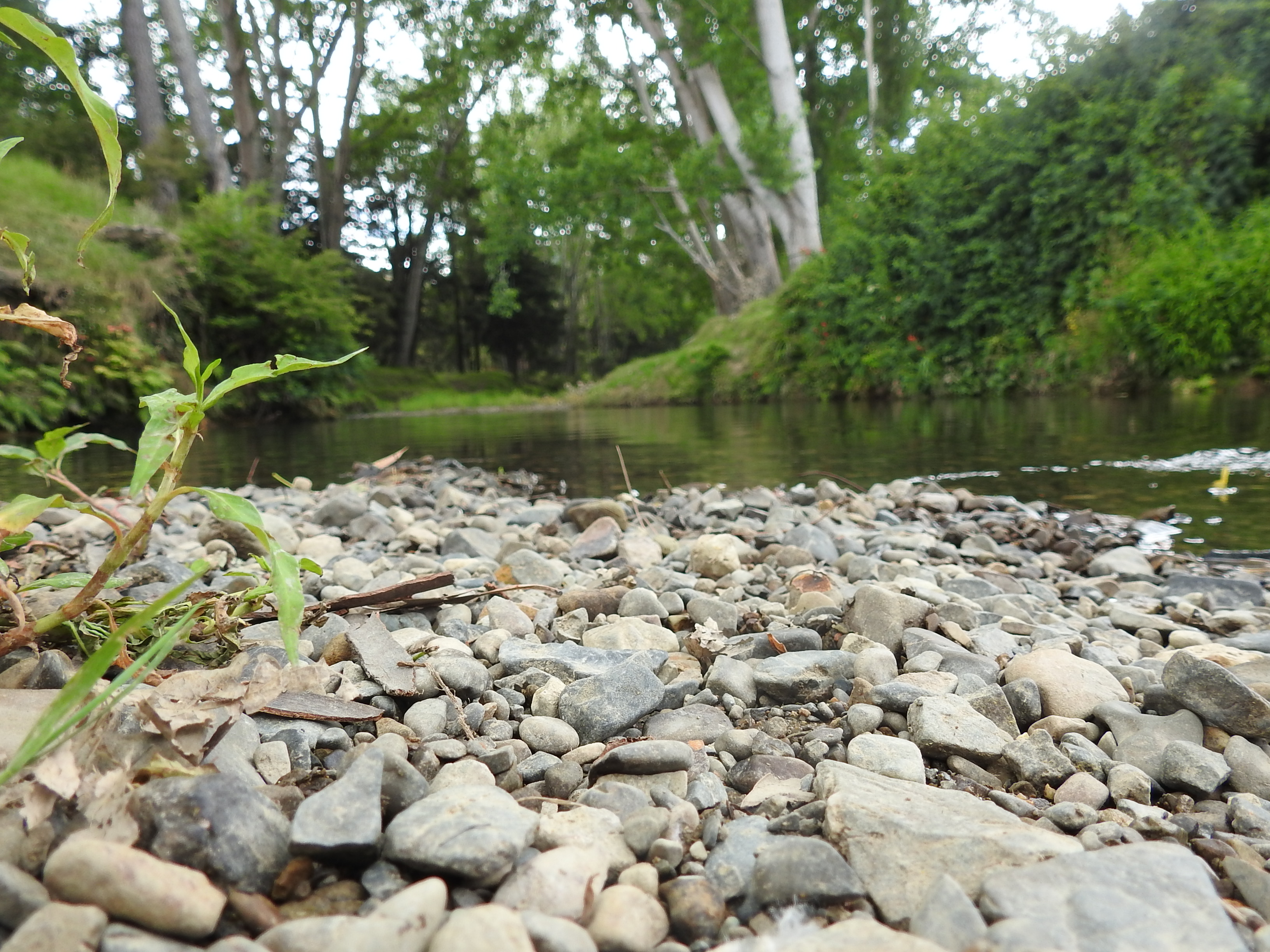Council to do due diligence on water reform proposal
The Far North District Council will carefully consider a Government proposal to reorganise drinking water, wastewater and stormwater services in New Zealand under four publicly owned entities.

The Far North District Council will carefully consider a Government proposal to reorganise drinking water, wastewater and stormwater services in New Zealand under four publicly owned entities.
Local Government Minister, Nanaia Mahuta, outlined the new entity structure this morning in the latest release of information about the Government’s Three Waters Reform Programme. Under the proposed structure, an entity covering the Northland and Auckland areas (Zone A) would provide three waters services in the Far North. The Government also published data dashboards showing the current performance of each council’s three waters services, forecast capital expenditure, debt, revenue, as well as current and projected average costs per household. According to the Government’s calculations, current average costs for Far North households would fall from $1,120 a year in 2021 to $800 a year in 2051 if the Far North District Council remains in the programme. If the Council opts out of the programme, average household costs would rise to $8,690+ a year in 2051. The dashboard also notes Far North District Council’s current operating performance is ‘exceeding expectations’.
Mayor John Carter says the economies of scale and cost-efficiencies outlined by the Government make a strong case for reorganising three waters services. However, the Council needs time to do due diligence on the new information it has received.
“Our Council has been an active participant in the reform programme since the Government launched it in July 2020, but this is a big decision for us and our communities. We need to understand the data and our position, including what is best for the people we are elected to represent.”
Mayor Carter says the data dashboard gives a set of numbers, but the Council needs to check the efficacy of these figures and the method for deriving them. There is also a bigger governance and service delivery picture the Council needs to understand.
“Northlanders haven’t supported past proposals to merge local government services in Northland. We need to ensure that we fully understand the advantages and disadvantages of being part of an entity that provides three waters services to 1.7 million people across a large area.”
The Council also needs to understand what impact the Water Services Bill will have on ratepayers and communities.
“We are concerned that the Bill may require councils to take over private water networks that fail to meet standards. The Bill defines a water network as any water supply that is not a single-dwelling supply, so the new standards will apply to marae and community facilities.”
Mayor Carter encourages people to find out about the proposed reforms, so they are well-informed when the Council decides whether to opt out of the Three Waters Reform Programme later this year.
“This represents the biggest restructure of local government since councils were amalgamated in 1989, so it is important that communities have their say.”
Tags: News story

